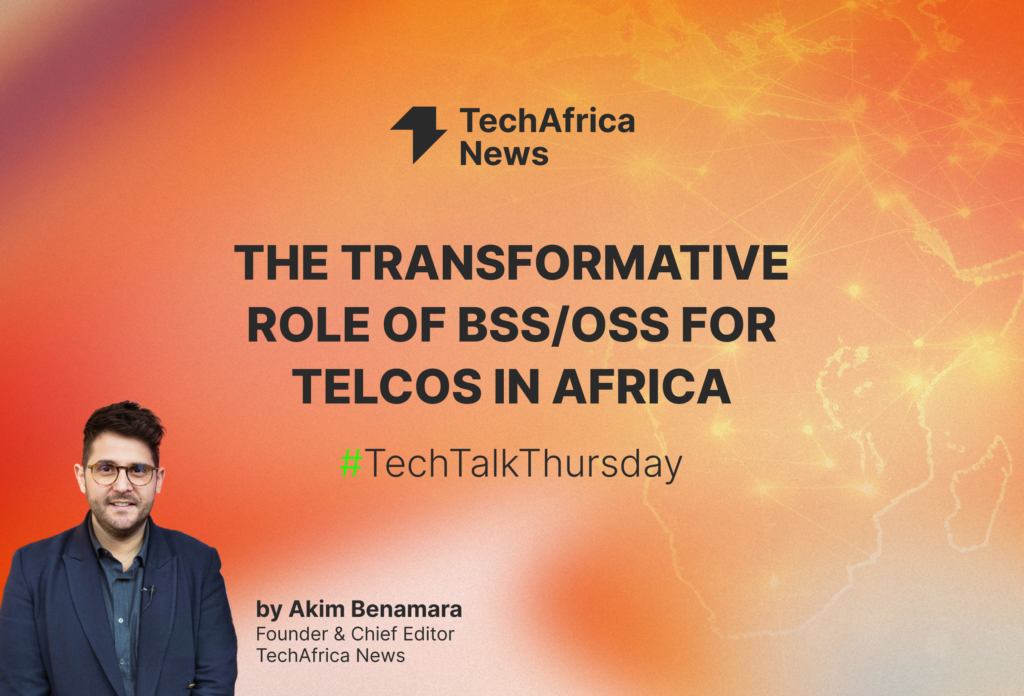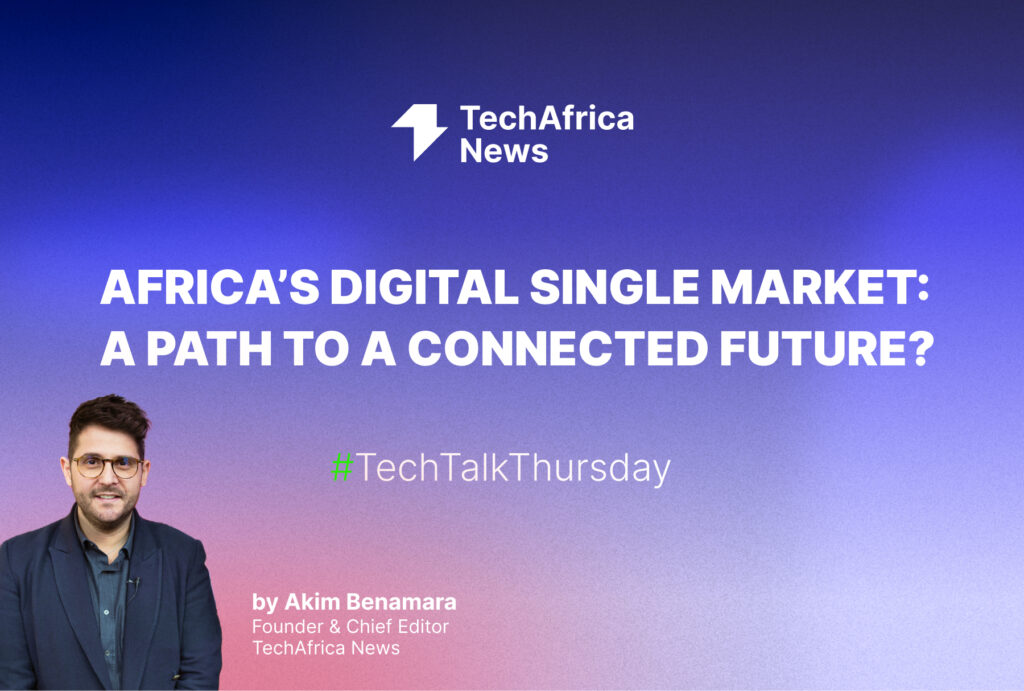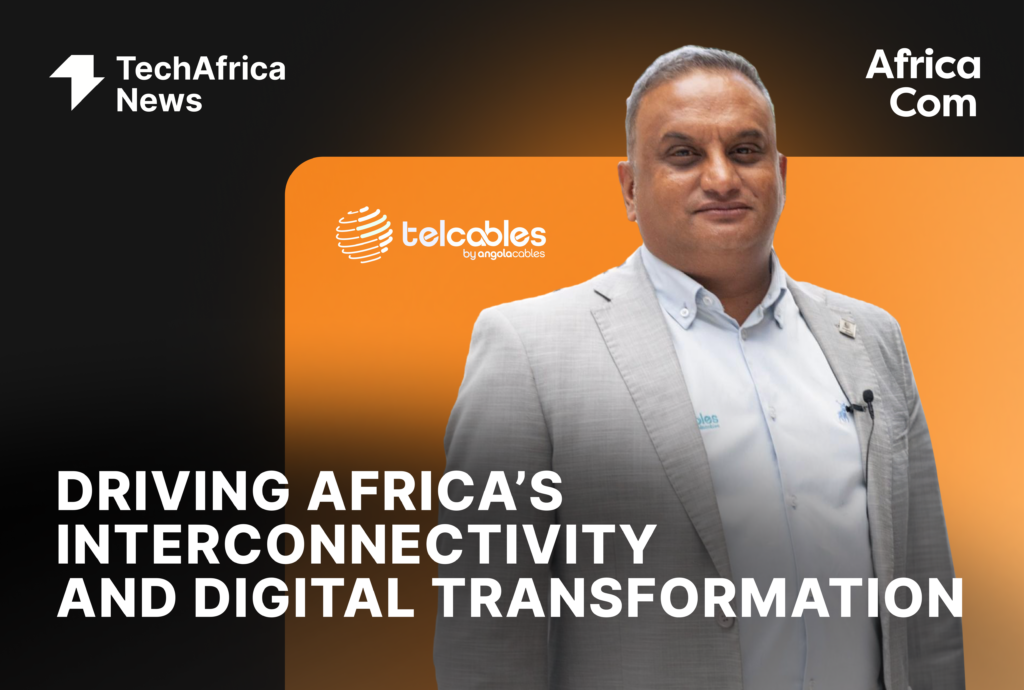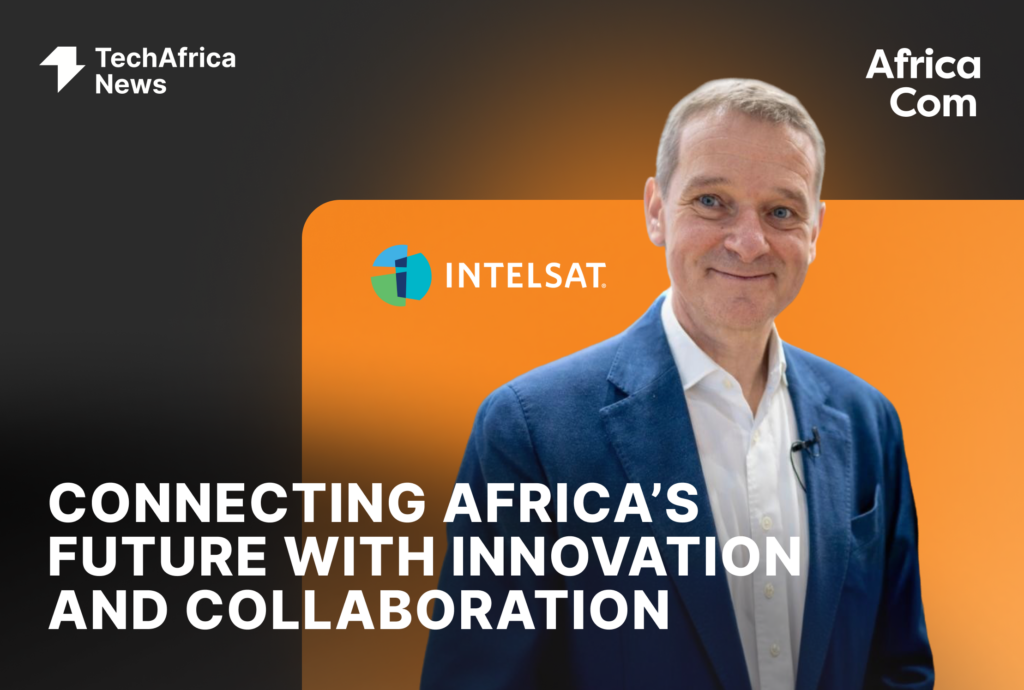Gitex Africa 2023 | MTN Revolutionizing the African Digital Landscape

It was good to see you at GITEX 2023! May I ask what brought you to Morocco and what your expectations were? I would also love to hear about your experience at the event.
I would like to introduce myself as Sudipto Moitra, the General Manager of ICT Solutions at MTN. We went to GITEX Africa 2023, following our participation in the event in Dubai last year. It was an excellent experience as we built valuable relationships, shared our strategic vision, and witnessed the practical aspects on the ground. Replicating that success was a priority for us, especially considering this is Africa’s first GITEX event. As the continent’s number one brand, MTN’s presence here is essential. Our collaboration with the ecosystem and focus on success stories relevant to Africa are key aspects of our participation in GITEX 2023.

From an MTN perspective, we aim to move up the stack in the enterprise and B2B space. While our strength lies in the mobile background like any other telecom company, we have primarily focused on connectivity in the ICT space. However, our ambitions align with MTN’s 2025 vision to become a robust platform-led and digital operator. Accordingly, in the ICT space for B2B, we are expanding our assets into data centers, cloud services, security, unified communications, and the Internet of Things. This journey began in 2021 and is still in its early stages. We believe GITEX is an excellent platform to showcase our progress, communicate our ambitions, and learn from the market to foster co-creation and relevance on the continent.
While our strength lies in the mobile background like any other telecom company, we have primarily focused on connectivity in the ICT space. However, our ambitions align with MTN’s vision for 2025, which is to become a robust platform-led and digital operator.
SUDIPTO MOITRA
GENERAL MANAGER OF ICT SOLUTIONS
It can be considered a logical conclusion for an MVNO to seek out a new revenue stream. So, based on what you mentioned, you are striving to enhance your ICT solutions to maximize your leverage. What would you say is one of the key factors that you currently leverage from MTN MVNO’s experience? Also, in which sectors are you focusing to expand the deployment of these solutions?
That’s a great question. You know, even with our ambitions in the ICT sector, specifically in the B2B space, we have a designated function known as the Center of Excellence. We are actually planning to rebrand it, so in the coming months, MTN will launch this organization with an intriguing new name. However, the core purpose of the ICT unit or Center of Excellence remains the same: to utilize the telecom company’s assets. From an MNO perspective, the network infrastructure is of paramount importance. Considering the vast footprint across the African continent, the network we have built in all countries is a key asset that we believe will enhance and expedite our journey in the ICT realm.

To delve into specifics, our wireless technologies deployed in different countries, our fibre optic infrastructure, and even our data centre assets, sometimes used for our switching centres, all contribute to our MNO perspective. Additionally, our investments in undersea cables, such as the recent rebranding of Global Connect as Biobab, are truly fascinating developments. All of these aspects, including other platforms within different business domains, such as our rapidly growing Fintech sector, and platforms like Chenosis, which is an open API marketplace, are integral to the MNO core. Leveraging these platforms is what we believe will set us apart in the ICT space.
We understand that connectivity is fundamental to everything we do. Without it, computing, whether it’s hyper scalars, edge computing, security controls, or even applications in IT or operational technology, becomes irrelevant.
SUDIPTO MOITRA
GENERAL MANAGER OF ICT SOLUTIONS
So, when we talk about leveraging telco assets as a fundamental aspect, could you please delve deeper into one of your success stories? You mentioned that you embarked on this journey in 2021. What lessons have you learned thus far? And what is your outlook moving forward?
I think of a success story where we have utilized our core telco assets, such as 5G. In certain countries where the spectrum is available, MTN has been at the forefront of accelerating 5G. Specifically, let’s consider the example of South Africa. From a center of excellence standpoint, we are gradually gearing up and developing solutions for various industry verticals. We understand that connectivity is fundamental to everything we do. Without it, computing becomes irrelevant, whether it’s hyper scalars, edge computing, security controls, or even applications in IT or operational technology.
The success story I can share involves our work on 5G over the past 18 to 24 months. We began with multiple proof of concepts (POCs) to identify key verticals such as mining, manufacturing, oil and gas, and even the government sector. We have made remarkable progress with these POCs. When engaging with customers, our approach is typically focused on co-creation with the ecosystem. For instance, we explored various use cases in the mining industry, prioritizing health and safety, which is a significant concern in mining operations.

In South Africa, there are legislations addressing these issues. We have recently achieved a significant milestone by successfully rolling out the first 5G mine at Phalanndwa mine in the northern province of South Africa. We adopted a phased approach, implementing video surveillance and establishing essential infrastructure enabled by 5G. Now, we are moving towards smart mining. Similar examples exist in the mining space, and we are also expanding our growth opportunities outside of South Africa and across other operational codes (opcodes). These real-world examples demonstrate how we leverage spectrum, one of the core assets of any mobile network operator (MNO), to deliver industry-specific solutions.
If we look at Africa, we can see that it is a vast continent. As you rightly mentioned, MTN has a significant footprint across the continent. We observe that each country has unique requirements, specific pain points, and individual needs. However, is there something that they all share in common? Do they have any common pain points, needs, or requirements that MTN can address and provide assistance with?
With the evolution of technology from 1G to 2G to 3G to 4G, and now talking about 5G, it’s about speed, agility, throughput, and latency. So the common denominator is the scope of improvement of technology adoption, which doesn’t necessarily have to be limited to just 5G.
SUDIPTO MOITRA
GENERAL MANAGER OF ICT SOLUTIONS
Again, as you rightly said, every country has unique challenges, whether from the regulatory aspects, socio-economic factors, or the macroeconomic perspective. But definitely, there are some common denominators. So, what we see, let me address the question in the five towers of the centre of excellence that we operate.
If you look at connectivity, as we earlier said, everybody needs connectivity. And with the evolution of technology from 1G to 2G to 3G to 4G, and now talking about 5G, it’s about speed, agility, throughput, and latency. So the common denominator is the scope of improvement of technology adoption, which doesn’t necessarily have to be limited to just 5G. For example, earlier we spoke about mining, where the private wireless architecture might be very relevant. Getting the connectivity right is something we see as a common challenge.

Moving on to the next-generation technologies, such as AI, edge computing, and big data, connectivity plays a crucial role in enabling them. So, connectivity acts as an enabler for these technologies. Another common denominator is security. Cybersecurity is a global trend across all countries. But we see the need for improvement and maturity in security controls, proactive monitoring, log correlation, and incident management.
The Internet of Things (IoT) is a fascinating area with potential across different industries. We observe that the investments made in IoT are strongly dependent on the total cost of ownership and return on investment. Commercializing IoT becomes a common challenge across countries.
From a cloud perspective, there is a significant push towards the public cloud with investments from hyper scalars. However, the relevance of on-premises environments and traditional computing is still real. Hence, the common denominator is the hybrid estate, combining data centre and cloud, which is present across industries.
Lastly, in the context of technology adoption, post-COVID, companies have accelerated their adoption of technology. Many organizations realized the importance of remote work and upgraded their technology infrastructure. Decoupling legacy environments in ICT and adopting technology are common objectives seen across countries.






